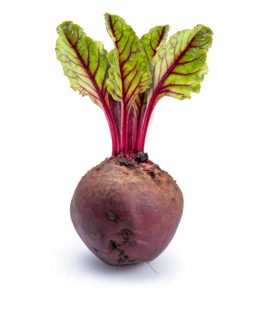

Beets, also known as beetroots, are a nutrient-rich addition to a dog’s diet. They contain micronutrients like vitamin C, folate, manganese, and potassium. However, dogs with diabetes or kidney problems should avoid them due to their high sugar and oxalate content.
Beets provide dogs with essential vitamins and minerals that support their digestion, metabolism, and immune system. They contain vitamin C, fiber, folate, iron, manganese, and potassium.
Some dogs may be allergic to beets, which can cause inflammation. Dogs with diabetes should avoid beets due to their high sugar content, and those with kidney problems or prone to kidney stones should also avoid them due to their oxalate content.
To serve beets to dogs, chop them into bite-sized pieces and cook until soft. Do not add any seasoning. Beetroots should be given in moderation to prevent stomach upset.
Beets, or beetroots, are a nutritious root vegetable that can be a healthy addition to your furry friend's diet. Beets come from the Mediterranean region and have been cultivated for thousands of years. These vegetables are rich in nutrients like vitamin C, folate, manganese, and potassium, which are essential for a dog's health. Beets can support their digestion, metabolism, and immune system.
However, beet consumption should be avoided by dogs with diabetes due to their high sugar content. They should also be avoided by dogs with kidney problems or prone to kidney stones because of their high oxalate content. Additionally, some dogs may develop an allergic reaction, which can lead to inflammation.
Beets are easily accessible and affordable at most grocery stores. To serve it to your dog, chop them into bite-sized pieces and cook them until soft, but don't use any seasoning. Always give them in moderation, so you don't upset their stomach.
If your dog cannot have beets, you can replace them with other nutritious vegetables such as carrots or sweet potatoes. Have you tried feeding your dog beets? What has been their experience?
In conclusion, incorporating beets into your dog's diet could provide them with essential vitamins and minerals, but you must ensure your pet can tolerate it. As with any new food, make sure to introduce it slowly and in moderation. Finally, don't forget to show your pet some love and appreciation with lots of cuddles and playtime!